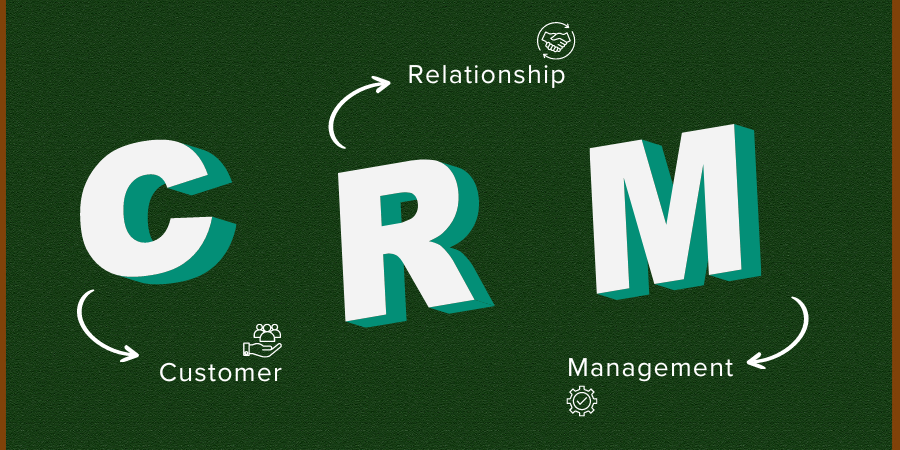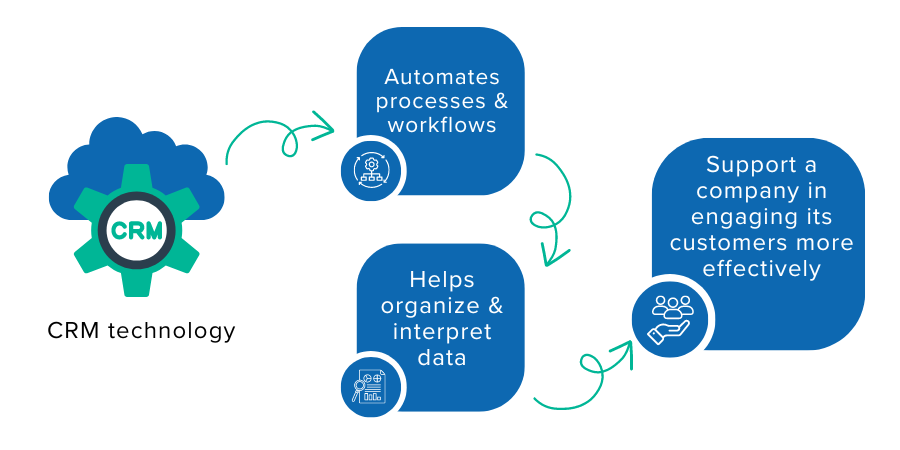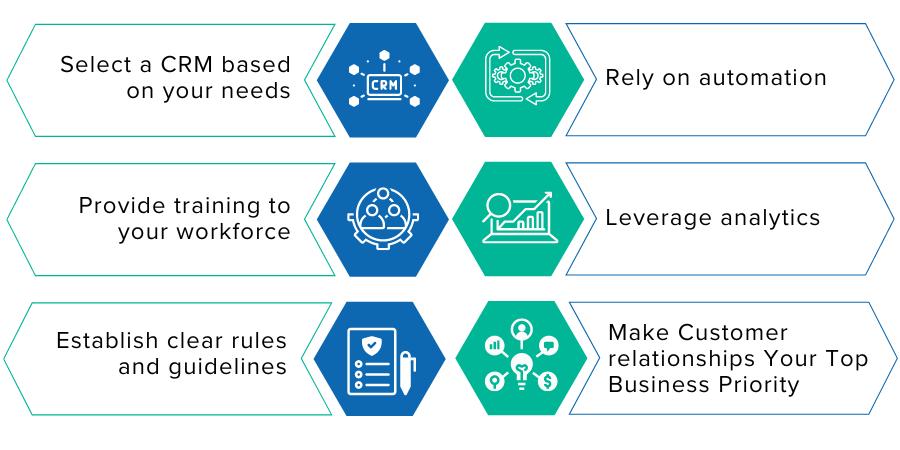
No matter what your industry is, your area of specialization, or what type of goods or services you provide, your customers are the most valuable asset of your business. They give your business a sense of purpose and direction.
From providing invaluable feedback to serving as a springboard for fresh ideas and concepts, your customers are paramount because they drive revenues, how you interact with them, and practical yet efficient customer satisfaction techniques.
As stated by PwC, 73% of consumers cite customer experience as a key consideration in their purchasing decision. (CRM statistics). This emphasis on building and nurturing sound customer relationships brings the notion of customer relationship management systems.

Paul Greenberg, CRM thought leader, defines CRM as “A tool driving sales, marketing & customer service activities. It is designed to sustain the management of the business side of customer-related operations. CRM technology automates processes & workflows and helps organize & interpret data to support a company in engaging its customers more effectively.” In this blog post, we’ll learn about CRM best practices more closely.

Select a CRM Based on Your Needs.
Not all CRMs are made equal, and if you select an unsuitable system, you end up with an inappropriate system. Do you prefer something on-site or running in the cloud? Would you choose a CRM that requires a service agreement and a hefty installation fee? Does your organization require complex, highly customizable capabilities or simple functionality? Take your time, and consider your possibilities before finalizing your decisions.
Provide Training to Your Workforce.
The entire tool becomes valuable if you adequately train your workforce to use CRM. Focus on your staff understanding the information offered when implementing your CRM training. Test your employees on what they learned, and provide re-training if necessary. This is an effective way to ensure the successful adoption of CRM technologies.
Establish Clear Rules and Guidelines.
It won't be able to add value to your organization if your employees are not using it to its full potential or abusing it. To avoid this, it’s essential to establish guidelines for managing customer-related tasks so everyone using it is on the same page. Make it a company policy to handle all new leads through the CRM. You can ensure a smoother transition and a more unified team by encouraging the workforce to use CRM systems properly as soon as it is implemented.
Rely on Automation
Automating routine processes is an excellent approach to getting more value from your CRM. This allows your team's workers to focus on more productive work while relieving them of tedious chores. Certain apps enable your sales and marketing departments to automate particular activities, including marketing campaigns, sales operations, and challenging workflow procedures. Examples included automation in customer care, workflow automation, automated lead qualification procedures, automatic lead assignment automatically, and automated email marketing campaigns.
Leverage Analytics
A business involves various activities spread among many departments. CRM systems can transform these disparate activities into something profitable to all. You can customize your analytics and reports according to the statistics you decide are significant. It helps to understand how, when, or where potential customers turn into new leads. It can also highlight any bottlenecks and trouble in the sales process. Reports are excellent for demonstrating how marketing affects profitability. For CRM, reporting and analytics are equally important. They can monitor inventory, production processes, supply chains, and more. As analytics are forward-looking, it benefits the R&D of new products, goods, and services.
Make Customer Relationships Your Top Business Priority.
That’s why establishing a positive customer relationship becomes a top priority for enterprises. CRM helps you achieve- a healthy relationship with personalized offerings. Additionally, a compliant-ready CRM platform is a powerful tool for strengthening your customer bond. Also, it will foster trust since customers’ personal information will be treated securely and professionally.
Further Reading:
What is Customer Relationship Management (CRM) Software?
Simplify Your Sales and Marketing: Unlocking the Power of CRM

 Batoi Corporate Office
Batoi Corporate Office